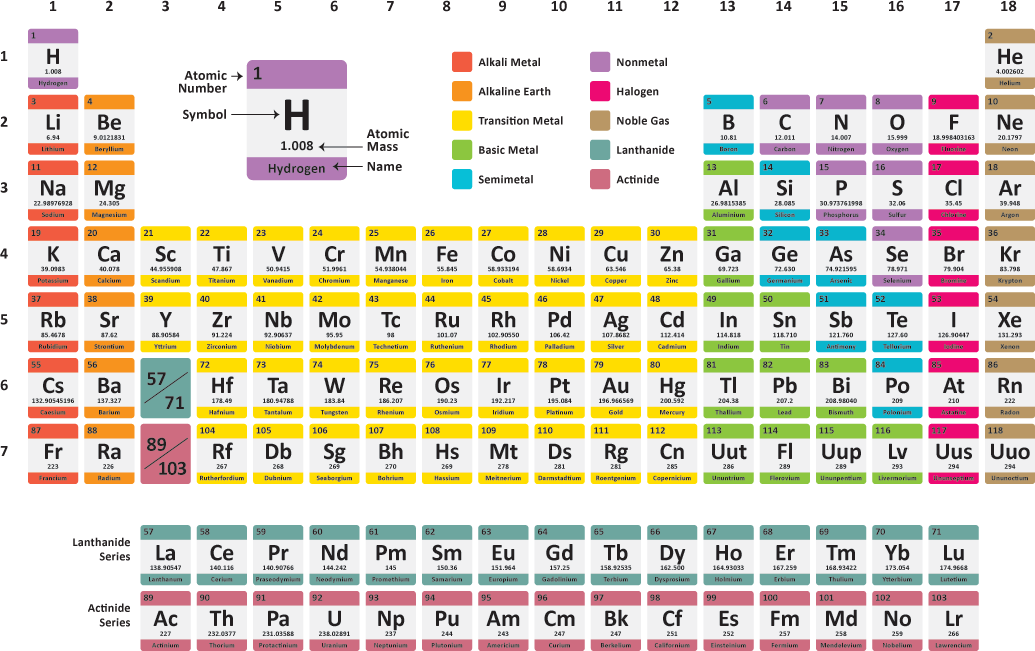What is Radioactive?
"Radioactive" typically refers to a term associated with radioactivity. Radioactivity is the spontaneous emission of radiation from the nucleus of an atom. It occurs when an unstable atomic nucleus undergoes decay in order to become more stable. The emitted radiation can take various forms, such as alpha particles, beta particles, or gamma rays.
Radioactive materials can be found naturally in the environment, such as uranium, thorium, and radon, or they can be artificially produced in natural reactors or particle accelerators. These materials are often used in various fields, including medicine, research, and energy production.
Radioactive materials can be found naturally in the environment, such as uranium, thorium, and radon, or they can be artificially produced in natural reactors or particle accelerators. These materials are often used in various fields, including medicine, research, and energy production.
The term "radioactive" is also commonly used to describe something that is contaminated with radioactive substances. Exposure to high levels of radiation can have harmful effects on living organisms, including damage to cells and genetic material, and in extreme cases, it can cause radiation sickness or even death.
It's important to handle radioactive materials with caution and follow proper safety protocols to minimize the risks associated with radiation exposure.

